
Tech & Sci
14:34, 04-Oct-2017
The Big Picture: Malaysia’s ICT dreams
By Rian Maelzer
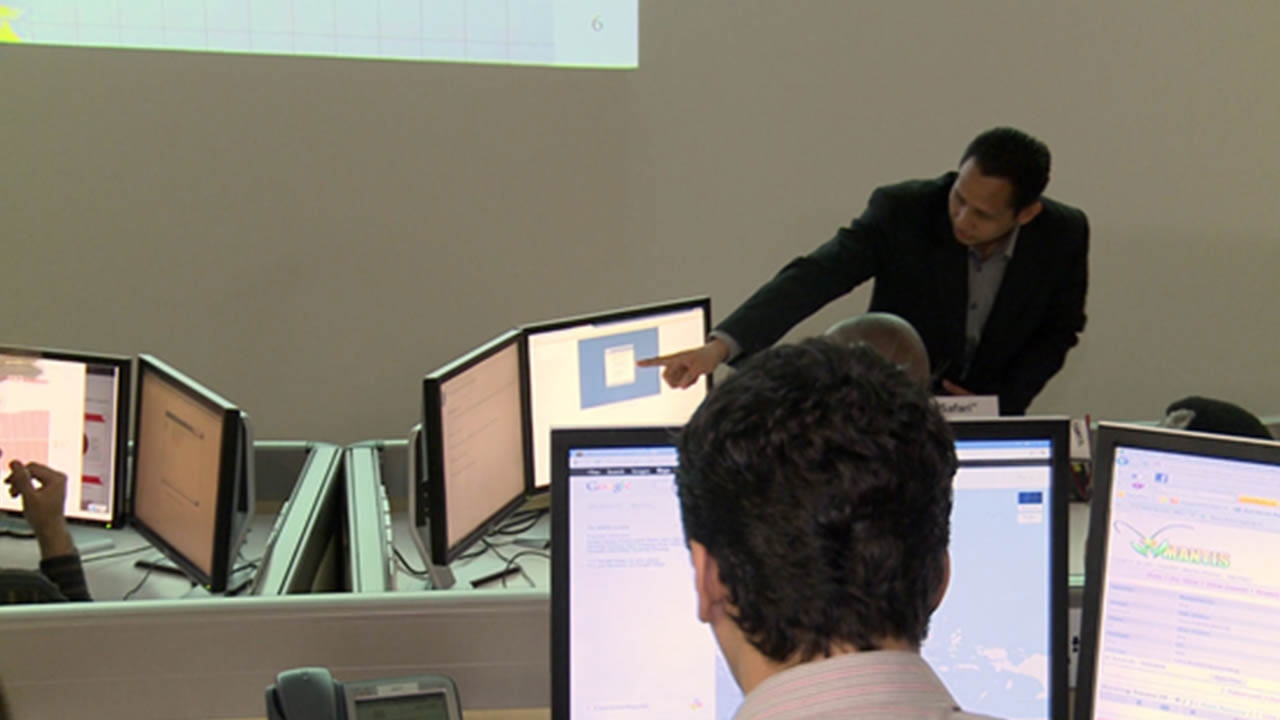
Internet Plus, the digital economy, the Internet of Things, Industry 4.0 - so many buzzwords for the goal of using network connectivity and the internet to boost productivity, and transform companies, industries and economies. Malaysia was one of the first developing countries to leap enthusiastically onto the ICT train, creating the Multimedia Supercorridor two decades ago. CGTN correspondent Rian Maelzer looks at how Malaysia's ICT dream has been working out.
It was the vision of then-Prime Minister Mahathir Mohamad. Some 20 years ago, he launched the Multimedia Supercorridor project, and created the hub of Cyberjaya outside Kuala Lumpur. Mahathir’s lofty hope was that it would become a kind of Silicon Valley of Asia.
Companies that got Multimedia Supercorridor status were entitled to tax breaks, and allowed to bring in foreign talent hassle free and other perks. And in Cyberjaya they had some of the best internet in the country at the time.
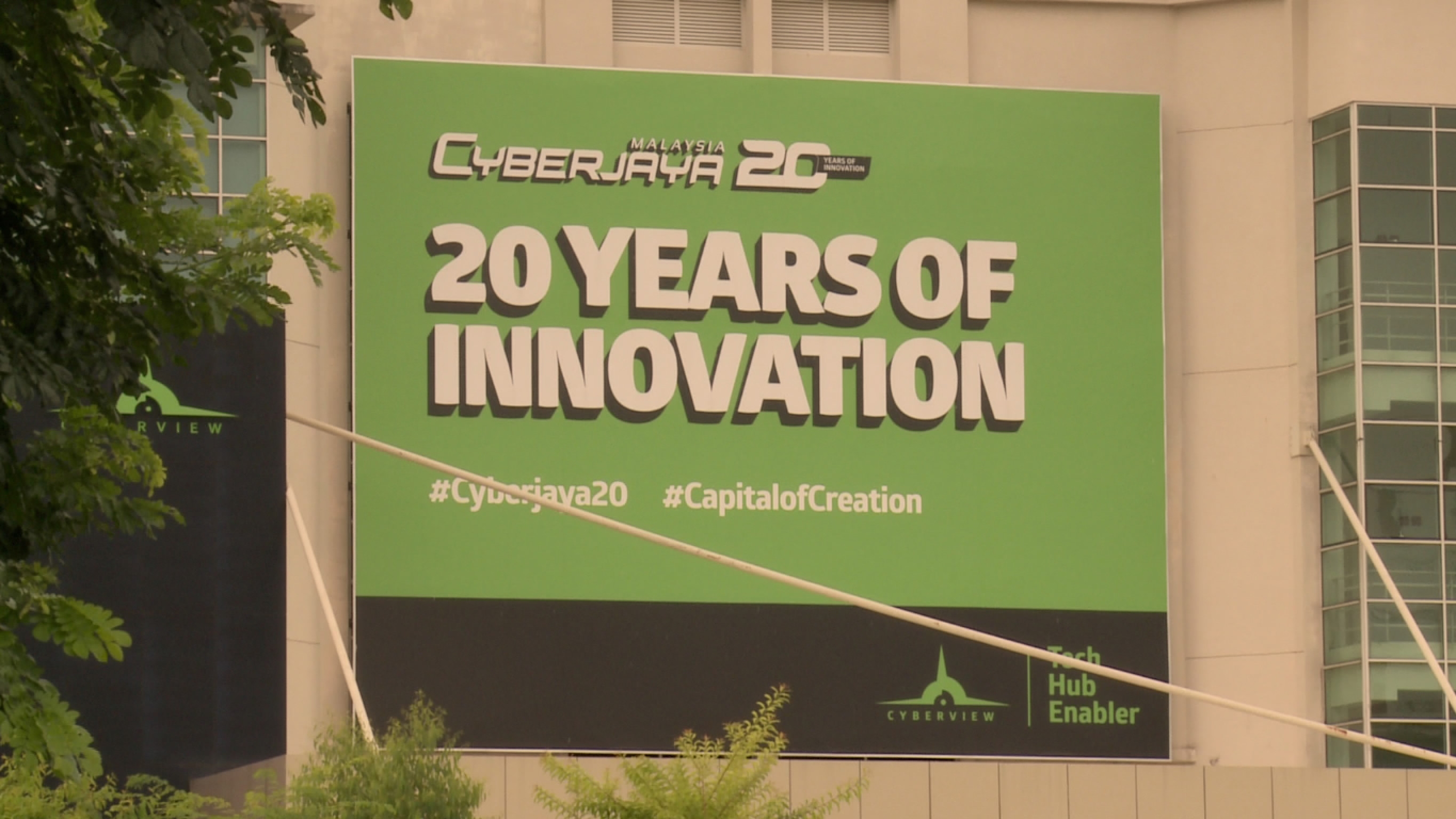
Cyberjaya sign /CGTN Photo
Cyberjaya sign /CGTN Photo
It never really became the hoped-for hotbed of innovation, though Malaysia has had its share of more modest ICT successes. Several animation studios have made an international mark. Jobstreet.com has become the region’s biggest online job recruitment site, and more recently Grab - a taxi turned ride-hailing service - has become a regional leader too.
But, unexpectedly, it was call centers that may have been the MSC’s biggest success, companies like Scicom, who tapped into the English-speaking but multilingual workforce, and have moved onward and upward from there as founder, Leo Ariyanayakam, explains.
“We went up the value chain. We went into digitizing government services, software development, service and software as a proposition. The biggest customers that outsource these days are governments,” he says.
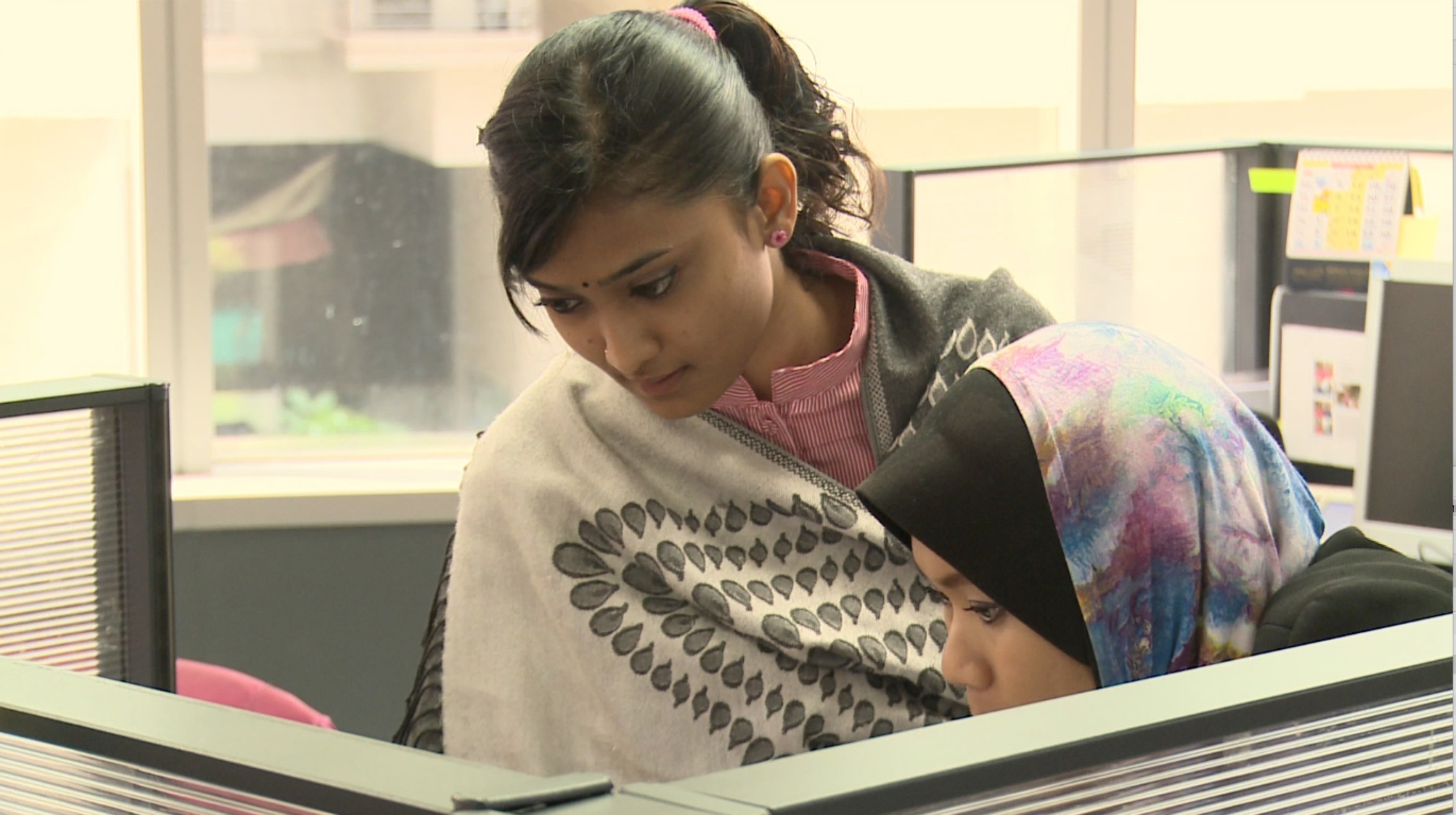
Call center women /CGTN Photo
Call center women /CGTN Photo
The company now processes all student visas for Malaysia’s government and is branching out globally.
These days, the government agency driving Malaysia’s ICT vision, MDEC, is looking to oversee the country’s transition to a digital economy, and trying to make sure that small and medium companies use the internet and technology to grow.
And they have teamed up with a company that knows all about that: China’s Alibaba.
The two are working together to create the Digital Free Trade Zone. Alibaba’s CEO Daniel Yong Zhang recently explained the goal:-
“We are all inspired by this vision to make it easy to do business anywhere, and especially with the digital world and how to empower SMEs (small and medium enterprises) using the information technology, using data technology we have right now to empower them to trade freely across the world,” he said.
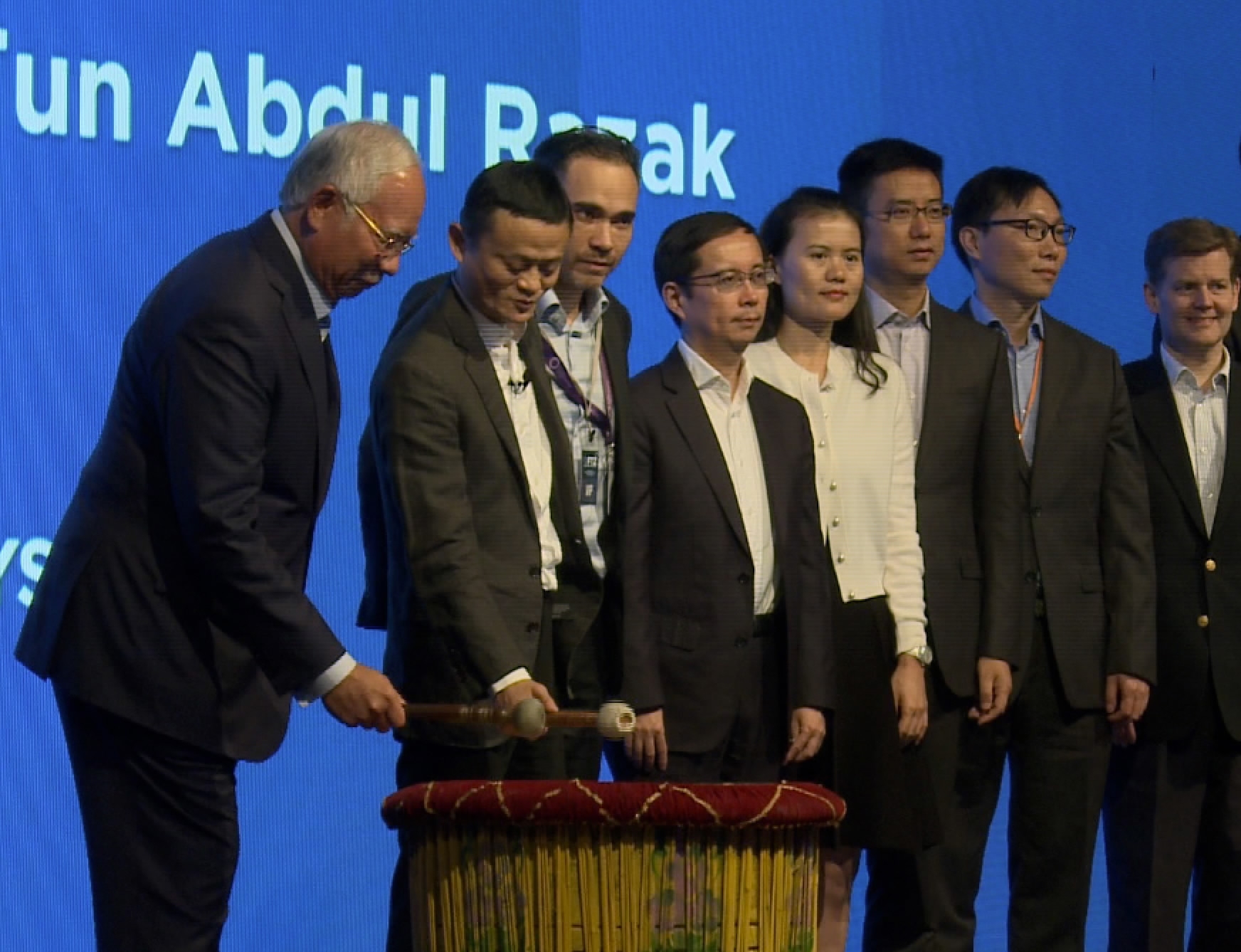
Alibaba's Jack Ma (2nd L) /CGTN Photo
Alibaba's Jack Ma (2nd L) /CGTN Photo
But it will take more than learning how to do e-commerce for Malaysian companies to stay afloat let alone thrive in the digital age.
They will need to use the internet and network connectivity to transform the way they produce goods and do business, dubbed the fourth industrial revolution or Industry 4.0.
Some Malaysian companies like MDT Innovations are looking to play a central role in that revolution. They design devices and software to help companies and institutions like hospitals track their raw materials, goods and equipment.
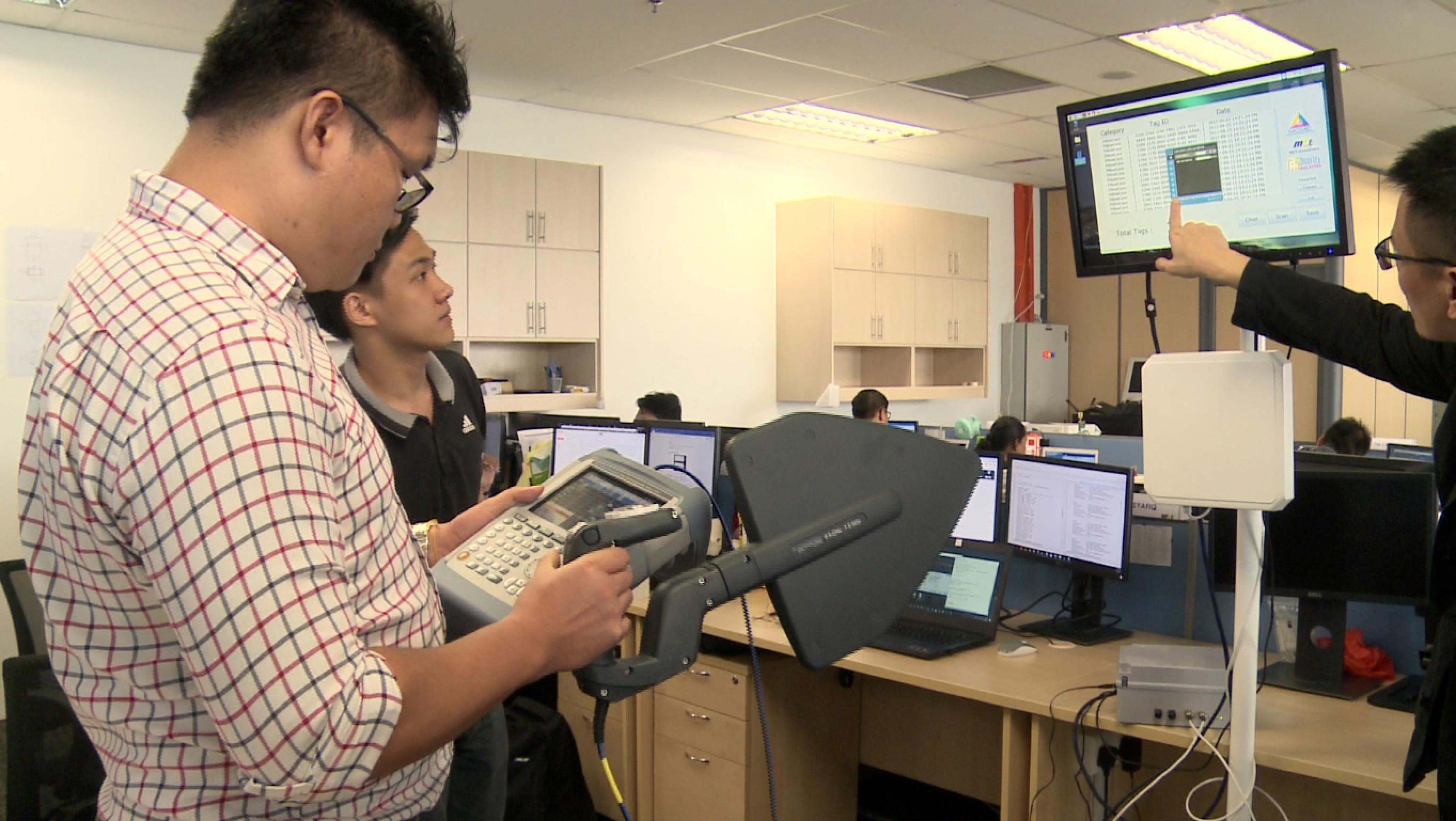
ndustrial 4.0 MDT testing /CGTN Photo
ndustrial 4.0 MDT testing /CGTN Photo
As COO Sim Hon Wai explains, “We enable organizations to easily adapt themselves into digitization. The ultimate goal is especially to understand where the productivity can be increased and where the cost can be reduced.”
And that’s precisely what Malaysian businesses need to do if they are going survive the upheaval the fourth industrial revolution will inevitably bring.
The Multimedia Supercorridor may never have become a new Silicon Valley. But it has at least opened Malaysian minds to the opportunities technology can bring. Now it’s up to Malaysians to grasp that opportunity.
4352km

SITEMAP
Copyright © 2018 CGTN. Beijing ICP prepared NO.16065310-3
Copyright © 2018 CGTN. Beijing ICP prepared NO.16065310-3